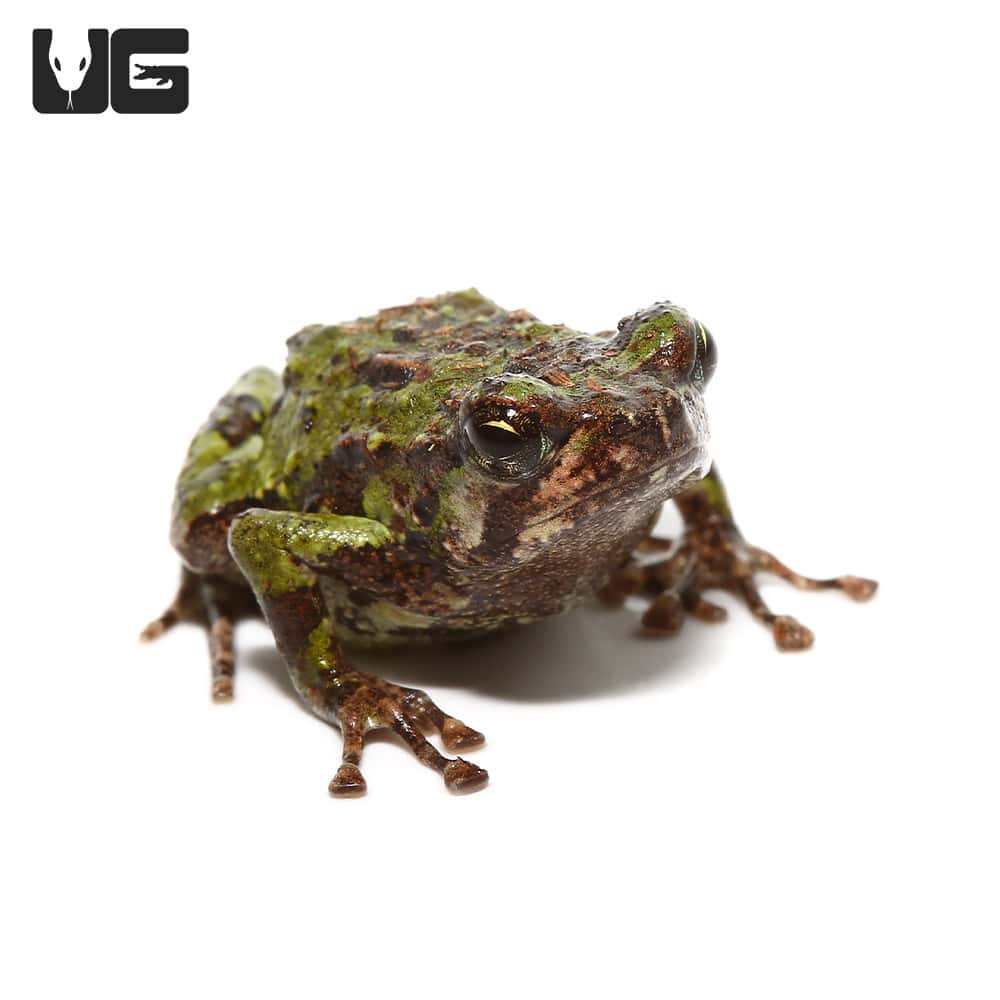Common Wellness Issues in Reptiles: Symptoms and Solutions
In the intricate world of reptile treatment, recognizing the usual wellness concerns that might influence these one-of-a-kind animals is critical in ensuring their health. From respiratory system infections that can quietly hold to metabolic bone illness that can incapacitate, reptiles are vulnerable to a series of conditions that need eager observation and timely intervention. Whether it's facing parasitic problems, navigating dehydration issues, or attending to skin ailments that manifest in subtle means, being in harmony with the symptoms and geared up with the understanding of effective services is vital for any type of reptile owner. By diving additionally into the nuances of these health concerns and exploring the practical treatments readily available, one can safeguard the health and vigor of these remarkable animals.
Respiratory Infections
Respiratory infections in reptiles can dramatically affect their total wellness and call for timely interest from knowledgeable vets. These infections are commonly brought on by infections, fungis, or germs and can manifest through signs such as wheezing, nasal discharge, open-mouth breathing, and lethargy. In reptiles, breathing infections can be specifically testing to diagnose and treat due to their unique makeup and physiology. Vets typically depend on a mix of health examinations, analysis imaging, and laboratory tests to accurately determine the underlying root cause of the infection.
Therapy for respiratory system infections in reptiles typically includes a combination of encouraging care, such as maintaining proper humidity levels and temperature slopes in the room, along with targeted medication to address the particular pathogen in charge of the infection. It is essential for reptile owners to check their pets very closely for any kind of indicators of respiratory system distress and seek vet care at the earliest sign of a problem. With timely intervention and ideal treatment, many reptiles can recuperate fully from respiratory system infections and return to regular activities.

Metabolic Bone Illness
What variables add to the advancement of Metabolic Bone Illness in reptiles?
Metabolic Bone Disease (MBD) in reptiles is mainly brought on by a lack of correct calcium, phosphorus, and vitamin D3 levels in their diet. When reptiles do not receive sufficient calcium, either through their food or correct UVB direct exposure for vitamin D3 synthesis, they are at a high danger of creating MBD. Reptiles with diets low in calcium or imbalanced calcium to phosphorus ratios are specifically susceptible. Additionally, poor direct exposure to UVB light protects against reptiles from manufacturing vitamin D3, which is essential for calcium absorption and bone wellness.
Not enough humidity degrees can likewise impact a reptile's capacity to metabolize calcium effectively. Routine vet exams, appropriate husbandry practices, and a well balanced diet plan are important to protect against Metabolic Bone Condition in reptiles.
Parasitical Infestations
Parasitic problems position a significant wellness danger to reptiles, impacting their overall health and requiring timely vet attention. Reptiles can be influenced by various parasites, consisting of mites, ticks, interior worms, and protozoa. These bloodsuckers can create a variety of symptoms, such as weight reduction, sleepiness, skin inflammation, looseness of the bowels, and even death if left untreated.
One usual parasite found in reptiles is the mite, which can cause skin anxiety, irritability, and anemia. Ticks are an additional exterior bloodsucker that can create and send conditions discomfort to the reptile. Inner parasites like worms and protozoa can result in digestive system issues, poor nutrition, and damage the reptile's body immune system.
To diagnose a parasitic problem, a vet may carry out fecal tests, skin scrapings, or blood examinations. see this Therapy commonly entails deworming drugs, antiparasitic baths, or in extreme instances, a hospital stay. Preventative steps such as normal vet check-ups, appropriate health, and quarantine treatments for brand-new reptiles can aid decrease the danger of parasitic infestations and guarantee the wellness of reptile animals.
Dehydration and Hydration Issues
Dehydration in reptiles can dramatically influence their wellness and health, requiring timely intervention and appropriate hydration management. Reptiles are vulnerable to dehydration as a result of numerous aspects such as insufficient water intake, high ecological temperature levels, and specific health conditions. Symptoms of dehydration in reptiles consist of sunken eyes, sleepiness, loss of skin flexibility, and reduced peeing. Dehydration can lead to severe wellness concerns and also be fatal to the reptile - rain frog for sale. if left untreated.
To protect against dehydration, reptile owners need to make certain that their animals have accessibility to clean water at all times. The water recipe ought to be huge enough for the reptile to take in check my blog if needed, particularly for species that soak up water with their skin. In addition, preserving appropriate moisture levels in the reptile's unit and offering routine bathrooms can help stop dehydration.
In instances of dehydration, it is crucial to seek vet treatment immediately. A vet may carry out fluids either by mouth or through injections to rehydrate the reptile. It is necessary to resolve the underlying source of dehydration to stop reappearance and make sure the reptile's total well-being.
Skin Conditions

Conclusion

Respiratory infections in reptiles can significantly affect their general health and call for punctual focus from seasoned vets (rain frog for sale). Preventative actions such as regular vet examinations, correct health, and quarantine treatments for new reptiles can assist reduce the threat of parasitic invasions and make sure the health of reptile pets
If left untreated, dehydration can lead to major health and wellness problems and even be fatal to the reptile.
Consistently examining your reptile for any type of adjustments in skin shade, appearance, or look can help in early discovery and treatment of skin disorders, advertising the overall health and well-being of your flaky buddy. - rain frog for sale
In final thought, reptiles are vulnerable to various health and wellness concerns such as respiratory system infections, metabolic bone condition, parasitic problems, dehydration, and skin ailments.